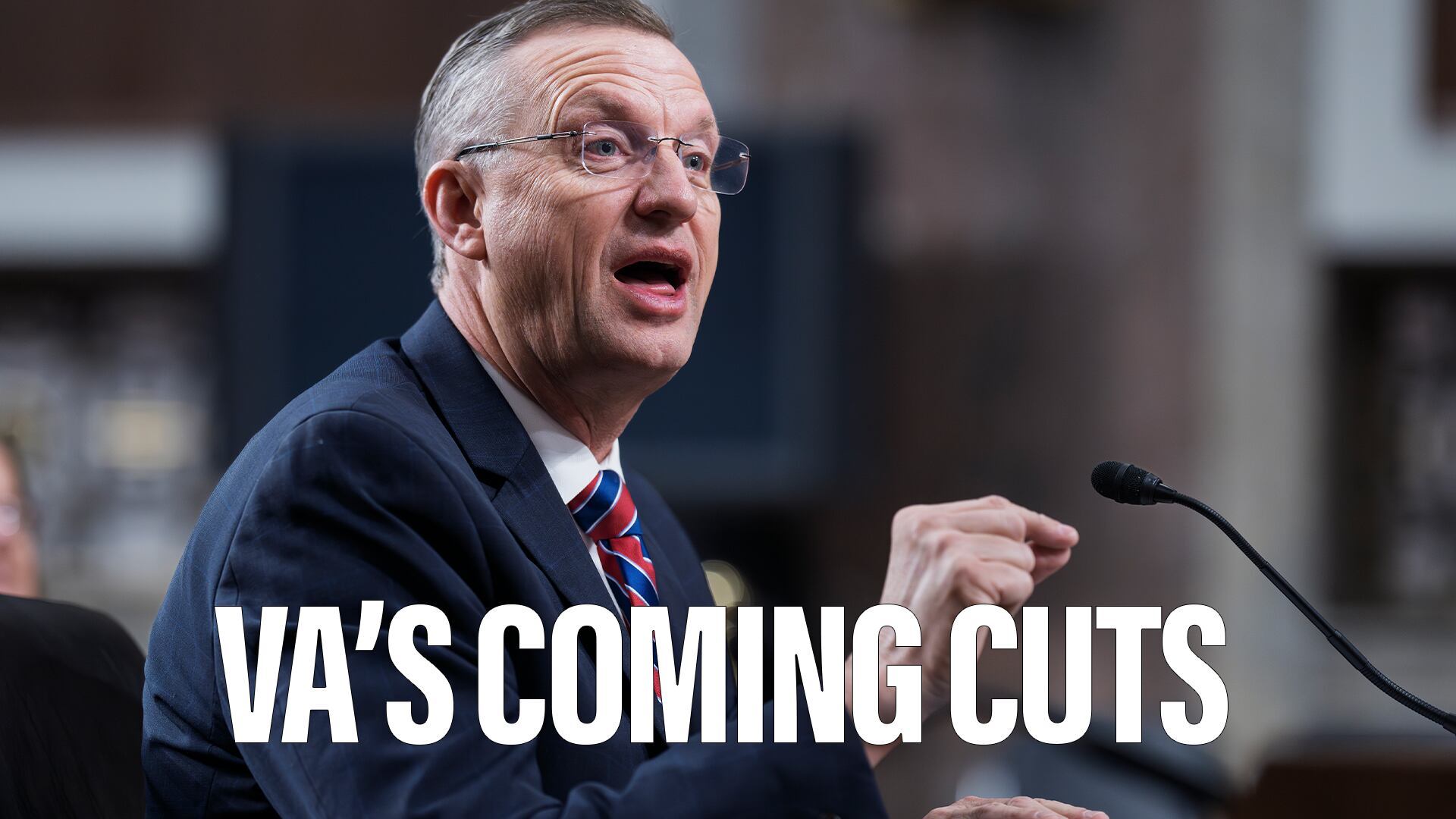VICTORIA, British Columbia — Canadian Prime Minister Justin Trudeau has slammed the F-35, labeling the aircraft as a fighter that "does not work," as his government considers the purchase of Boeing Super Hornets instead.
The Liberal Party government's consideration of a purchase of an undisclosed number of Super Hornets as an "interim" aircraft to deal with a fighter capability gap touched off a storm of controversy in the House of Commons.
Conservative Party leader Rona Ambrose accused Trudeau of selecting a fighter jet without the proper knowledge of what the Royal Canadian Air Force needs.
But Trudeau said the previous Conservative government botched the procurement of a new jet. "They left us a mess we are going to fix," he said June 7 in the House of Commons.
"Canadians know full well that for 10 years, the Conservatives completely missed the boat when it came to delivering to Canadians and their armed forces the equipment they needed," Trudeau added. "They clung to an aircraft (the F-35) that does not work and is far from working."
The Conservative government had committed to purchasing 65 F-35s. The plan was put on hold, however, as technical issues with the aircraft continued to make headlines. The Conservatives and the Canadian military were also accused by critics of trying to hide the full cost of the F-35 procurement.
During last year's election campaign Trudeau said if his government was elected it would not buy the F-35. He said the aircraft didn't fit Canada's needs and was too expensive.
Earlier in the week, industry and defense sources said the Liberals were examining the purchase of the Super Hornets.
The Liberal government has not denied those deliberations, with officials arguing that time is of the essence in acquiring a new jet to ensure Canada's security.
"There is a developing capability gap which needs to be managed," Parliamentary Defence Secretary John McKay said. "We have obligations to NATO. We have obligations to NORAD. We have obligations to our own defence and to expeditionary matters."
The government said no decision on the Super Hornets has yet been made.
Some industry officials argue Trudeau has backed himself into a corner on the fighter jet procurement. The prime minister has vowed his government would hold an open and fair competition to replace the CF-18 fighter jet, prompting critics to question how that could be if one specific jet was already ruled out.
Alan Williams, the former assistant deputy minister for materiel at Canada's Department of National Defence, said Trudeau would not have been able to exclude the F-35 from an open competition.
If that indeed happened, Lockheed Martin could file a complaint with the federal court or a federal trade tribunal that it had been unfairly excluded from a bid, other procurement specialists noted.
But a Canadian provision that allows for the quick purchase of interim equipment without competition for reasons of national security could give the Liberal government the out they desire. They could argue that the Super Hornets are needed on an interim basis to meet Canada's immediate needs, industry representatives say.
The proposed deal to buy Super Hornets on an interim basis would also push off any fighter competition well into the late 2020s, allowing Trudeau to keep his election promise, while dealing with the issue of replacing the country's aging fleet of CF-18 jets.
Boeing did not respond to a request for comment.
Cindy Tessier, spokeswoman for Lockheed Martin Canada released a statement noting that, "Lockheed Martin has not been contacted by the Government of Canada on a requirement for an interim fighter solution."
"We are confident the F-35 is the best solution to meet Canada's operational requirements at the most affordable price," she added.
Besides Super Hornet and the F-35, the potential contenders to replace Canada's CF-18s include the Eurofighter Typhoon, the Dassault Rafale, and Saab's Gripen.
In their defense platform, the Liberal Party stated that the primary role of a new Canadian fighter jet would be to contribute to the defense of North America and not to act as a "stealth first-strike platform."
The Royal Canadian Air Force is in the midst of planning for a (CAN) $400 million ($300 million) modernization of the CF-18 fighter jets so they can continue operating until 2025. No contracts have yet been awarded on that modernization and it is unclear whether that project will now proceed.
Email: dpugliese@defensenews.com
David Pugliese is the Canada correspondent for Defense News.








